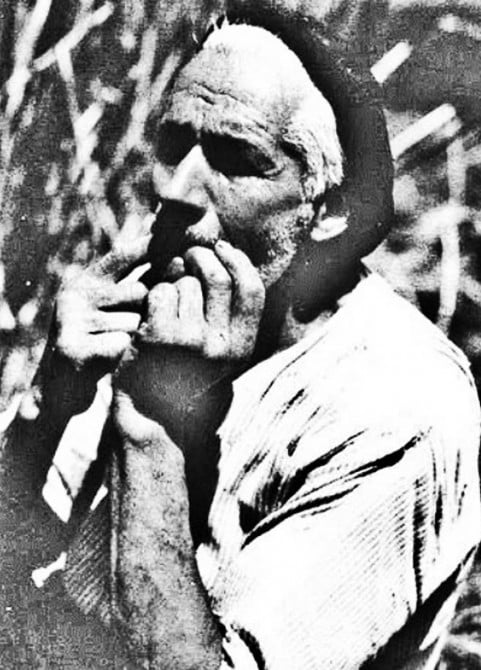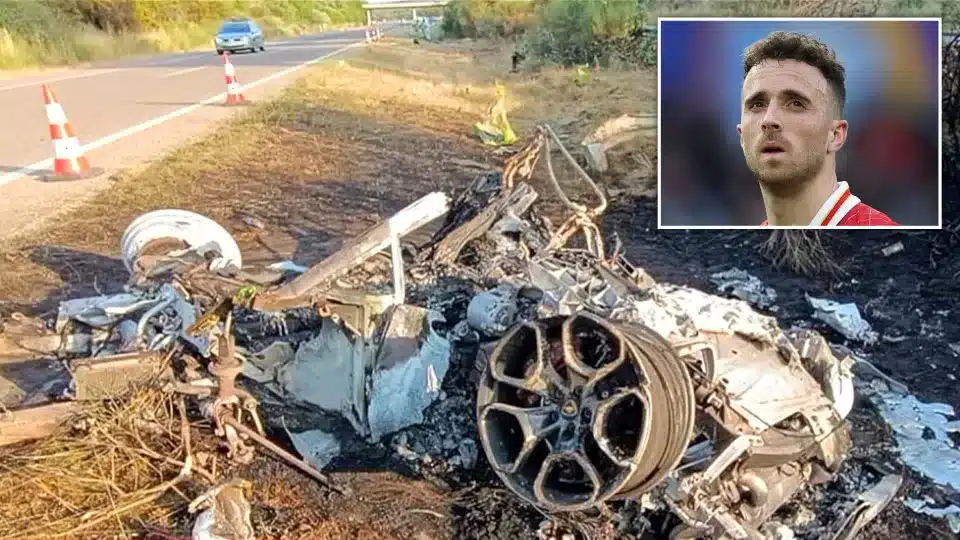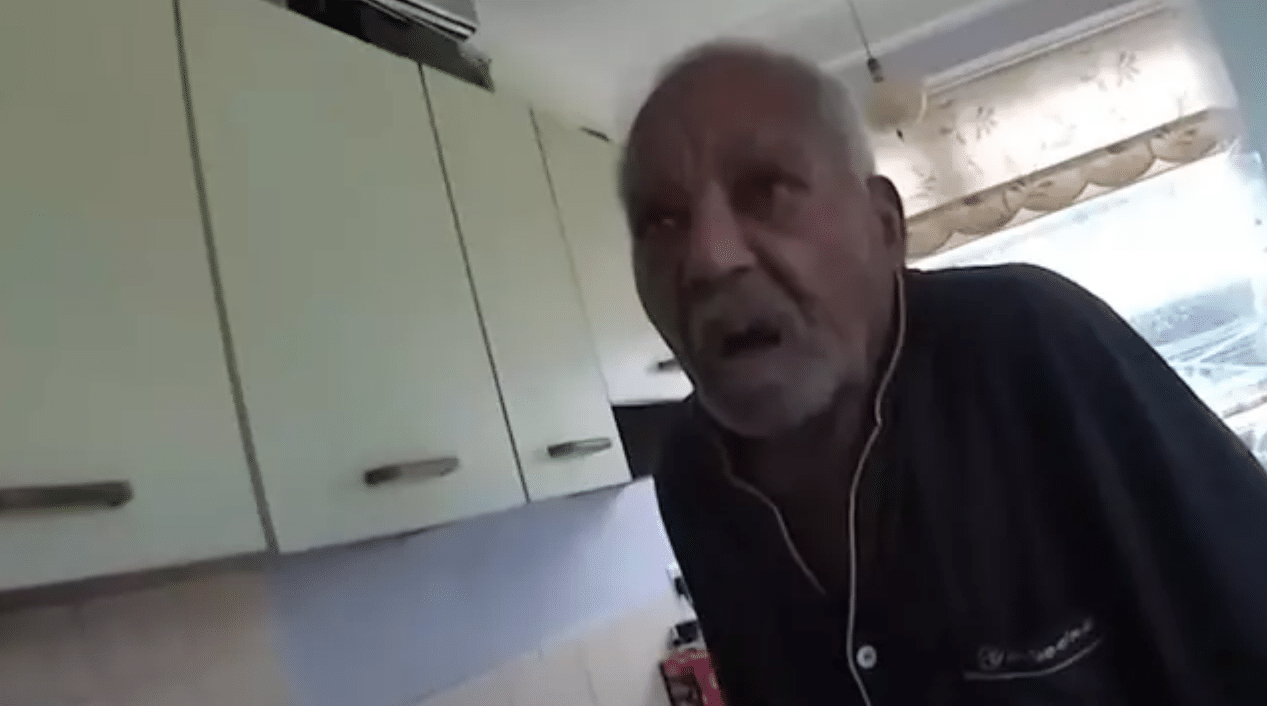The Guardia Civil would get paid for putting out the fires but the villagers would not, so they were pretty keen to avoid getting picked up for basically slave work. So Silbo Gomero came in pretty useful for the locals to avoid them.

He goes on to say “…the thing is that here, learning to whistle wasn’t a matter of pleasure. It was an obligation, a necessity. If you didn’t know how to do it, you would have to walk to give a message. And as the houses are far from each other, and there were no roads or phones, whistling was easier than walking”. Makes good sense. Here it is in action, there’s a few videos about but I like this guy’s vibe:
‘http://www.youtube.com/watch?v=a7VY7l_iLPc’]
In the 50s the language started to decline further, many natives emigrated to bigger islands and roads and phones became commonplace. By the late 70s and 80s there were just a handful of speakers left. In the 90s however there was a resurgence in interest and the language began to be taught in schools again. You can actually sign up and learn to “speak” it online, here’s a promo vid if you fancy it:
‘http://www.youtube.com/watch?v=AqdAnGDMU2k’]
☛ Read Next: Alexander Selkirk: The Real Life Robinson Crusoe















